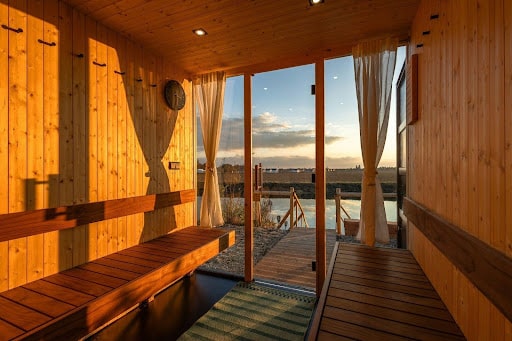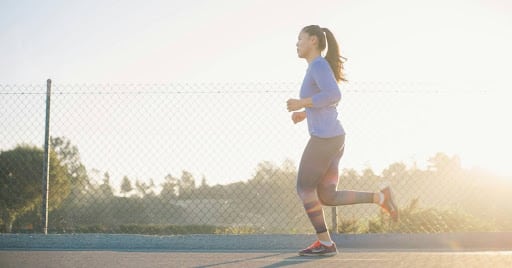Competitive athletes and even weekend warriors are always on the lookout for any edge. Does working out in higher temperatures give that edge? Read on to learn if sweltering can help you shave seconds off your personal best or just improve overall performance.
The Research
The findings of a study by University of Oregon researchers was published in The Journal of Applied Physiology. The title alone, Heat acclimation improves exercise performance, seems to suggest we should all head for the heat to get better results.
But, not so fast…
Researchers performed the study with a very small sample – just twelve well-trained cyclists. They also conducted their research under tightly controlled conditions. The group being acclimated to the heat performed in a room heated to 104 degrees, and at only 50% of their maximal oxygen consumption. They pedaled for 45 minutes, were allowed a ten minute rest period followed by another 45 minutes of pedaling. The control group performed in room cooled to 55 degrees. Under these conditions, there was clear improvement. In fact, “…the cyclists who were heat acclimated performed anywhere from 4 to 8 percent better than they had before they trained in the heat, while the control group did not improve at all.”
 What does this mean for your performance improvement?
What does this mean for your performance improvement?
Although the study suggests working out in a hot environment improves performance, researches advise caution. Again, the experiment was conducted with highly trained athletes in a controlled environment. Additionally, they were cycling, which is physiologically different from running or other sports. In short, that means your results may vary.
If you want to give heat acclimation training a try
Although the research is limited, strong results make trying to duplicate the same effect on your own a no brainer. Researchers do know that exercising in the heat does increase the volume of plasma in the blood and bring about some pretty significant cardiovascular adaptations. Both could contribute to improved performance.
For best results, give your body time to adjust to the heat before you push too hard. Allow yourself to build heat tolerance over several workout sessions. Exercise caution, too. If you begin to feel overheated, nauseous, or dizzy, stop exercising immediately as this can be dangerous. Conduct your own experiment as you go. Use a heart rate monitor to observe patterns and changes in performance over several weeks. Does working out in a hot environment improve performance? There only one way to find out for sure. Give it a try.


